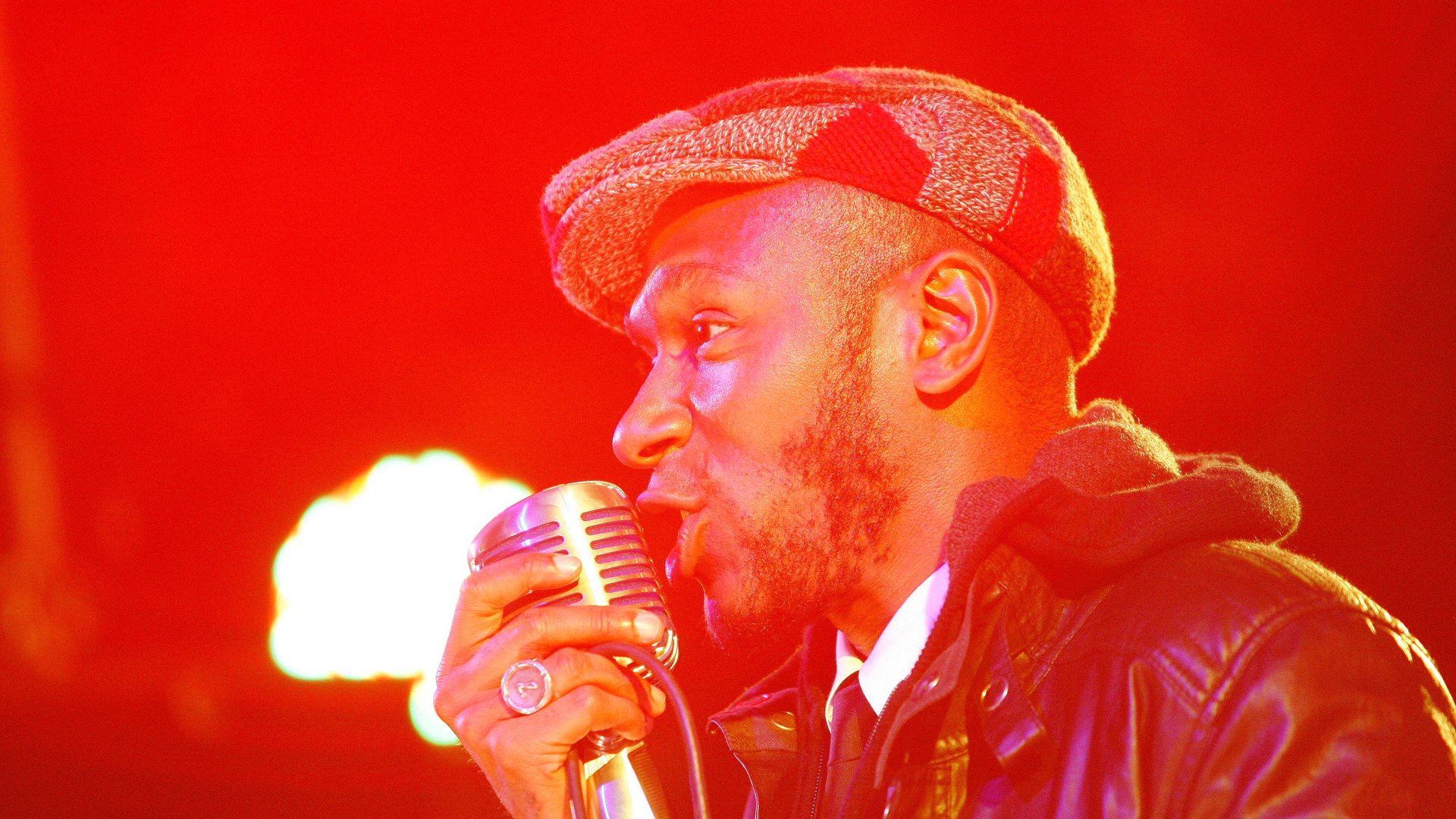Mos Def is leaving his home in South Africa after his idealistic “world passport” got him arrested
Mos Def’s ideals about a world without borders have been dashed by South African immigration officials. The Department of Home Affairs declared the rapper and actor an “undesirable person” on Nov. 22 after he tried to leave the country using a world passport, an idealistic travel document issued by a pacifist organization promoting a world without borders.


Mos Def’s ideals about a world without borders have been dashed by South African immigration officials. The Department of Home Affairs declared the rapper and actor an “undesirable person” on Nov. 22 after he tried to leave the country using a world passport, an idealistic travel document issued by a pacifist organization promoting a world without borders.
Mos Def, who was born and raised in Brookyn, NY, and who now goes by Yasiin Bey, was arrested in January when he tried to travel to Ethiopia from the Cape Town International Airport using the world passport. Released on bail and due to stand trial, Bey apologized to the Department of Home Affairs, the department said in a statement. The government department accepted his apology, but will no longer allow him the visa-free travel American citizens enjoy to South Africa.
The passport at the center of the rapper’s immigration debacle was issued by the World Service Authority, a Washington DC-based non-profit that advocates a world free of borders. Positioned as a World Government of World Citizens, the organization was founded in 1953 by Garry Davis, a World War II bomber aircraft pilot who became disillusioned by bordered nation states and their conflicts. The service also has commissions dealing with portfolios any other government would, like energy and education, but it’s unclear if any government recognizes the group.
Today, a million people use the passport, including refugees and stateless persons, according to the organization. Edward Snowden has been issued a world passport. Bey’s confusion is somewhat understandable: On its website, the World Service Authority insists that South Africa has accepted the passport, posting images of world passports that have been issued South African visas.
The document may be scoffed at as a fantasy, but it raises real questions about citizenship and borders. If recognized, it represents a real alternative for displaced people and those rejected by their own governments for a myriad of issues, including identity and religion. The passport is based on the 1948 United Nations Universal Declaration of Human Rights article 13 on the rights to leave and return from any country. But the world and its borders have become more complex since the end of the second World War.
In a world increasingly rejecting globalization through convoluted visa processes, popular votes like the UK’s Brexit referendum, and support for building border walls, the idea of a world passport is unlikely to gain wide legitimacy. And of course the passport’s idealism does not seem to offer any security checks to safeguard against global conflict and terror.
For his part, a representative for Bey told Foreign Policy that he chose to use the passport because “it’s more representative of his personal ideals and philosophies…of the world as being a unified place a place without borders or boundaries.” The rapper has been living in South Africa on and off since 2013 and was also accused of allowing his family to stay even after their visas expired.
As part of the agreement with the government, the rapper will leave South Africa today (Nov. 22) using his American passport, and in exchange the department will withdraw charges against him by Friday, Nov. 25. Bey may not return unless the country’s Department of Home Affairs grants him a special waiver.
During his court battle, Bey released the now prophetic freestyle rap “No more parties in S.A.”, about his arrest and run-in with South African officials:
Hey Home Affairs, I don’t need to stay/I’ll leave and I’ll stay away/I never committed no crime no place. Why these police up in my face/Why they lay in place/ Why I don’t feel safe/This is not an expression of fear/This is just to make things clear/My intentions were pure in coming here/And as for everything I love and hold dear/Homies in the building/So is my wife and my children/ I’ve committed no crime/Why is the state wasting my time?/They must be out of they minds/I’ll forgive them/That’s the spirit of divine/I just want to go where I’m wanted.